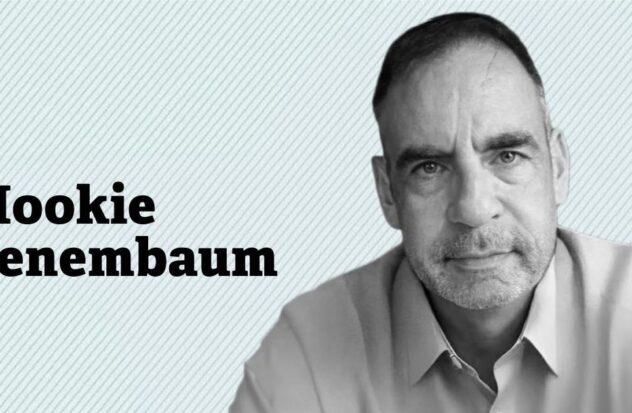Iran The country has been the scene of a series of presidential elections that have given rise to the idea of a struggle between “moderate” and “conservative” factions within the regime. This is an illusion designed to encourage popular participation in a system where real political choices are severely restricted. This fallacy is once again exposed by the recent election of Masoud Pezeshkian as president of that country.
In a post-election message, Supreme Leader Ali Khamenei expressed his desire for Pezeshkian to continue the policies of former President Ebrahim Raisi, stressing the continuity of the regime’s agenda.
This control by the Supreme Leader over the country’s political life is part of what Israeli Prime Minister Binyamin Netanyahu denounced in his speech to the US legislature on July 24, in addition to accusing the Islamic Republic of instigating pro-terror protests in Israel.
Meanwhile, Pezeshkian, in his remarks, thanked Khamenei for “opening the field for participation and competition,” a phrase that rings ironic given the supreme leader’s tight control over the electoral process.
Iran’s political system is structured in such a way that all factions, whether labeled “moderate” or “conservative,” operate under the close supervision of the supreme leader. Ali Khamenei has the final say on all major decisions in the country, and presidential elections are no exception. Candidates must be approved by the Guardian Council, an entity controlled by Khamenei, which ensures that only those loyal to the regime can run.
This control means that elections do not offer a real political alternative. Instead, the narrative of “moderates” is used to give an appearance of pluralism and competence, incentivising the population to participate in the electoral process under the false premise that their vote can influence meaningful change.
The presidency of Hassan Rouhani, often portrayed as a “moderate,” is a clear example of how this dynamic plays out in practice. Although Rouhani made promises of reforms and greater openness, his ability to implement meaningful changes was limited by the regime’s power structure. Crucial decisions, especially in areas such as foreign policy and human rights, remained firmly under the control of Khamenei and the state security forces.
The 2015 nuclear deal, known by its acronym JCPOA, is one of Rouhani’s few notable achievements, but even this was a coordinated effort approved by Khamenei. Moreover, internal repression continued unabated under his administration, with numerous activists and dissidents jailed and executed.
The real power in Iran lies with the Supreme Leader, who controls the main organs of the state, including the military, the judiciary, and the media. This control ensures that any president, regardless of his label, must follow the guidelines set by Khamenei. And this Supreme Leader has been in office since 1989 and has personally overseen the evolution of Iranian politics for more than three decades.
During this time, he has kept a firm grip on the state apparatus, eliminating any figure who might challenge his authority.
The illusion of a struggle between moderates and conservatives in Iran serves to maintain a level of participation and legitimacy for the regime. However, the reality is that all factions within the system operate under the same constraints imposed by the supreme leader. The recent election of Masoud Pezeshkian and his promises to continue Khamenei’s policies underscore this dynamic.
For those seeking to understand the Iranian political system, it is crucial to recognize that the real difference lies not between presidential candidates, but in the power structure centered on the supreme leader. Until this structure changes, elections in Iran will remain a game of appearances with no real options for change.
Things as they are.
Mookie Tenembaum addresses international issues like this every week with Horacio Cabak in his podcast El Observador Internacional, available at Spotify, Apple, YouTube and all platforms.

